You love them. That’s never the question. But being around them drains you. Small comments leave marks. Plans change without asking. Boundaries blur. You try not to react, but it builds. You smile to keep the peace, but your silence grows heavier each visit.
You begin to dread things you used to enjoy
Holidays feel like work. Drop-ins turn into hours. Favors become expectations. You used to welcome their presence. Now you brace yourself. You rehearse conversations. You hope this time will feel different. It rarely does.
They cross lines you never drew
They offer advice without being asked. They comment on your parenting. On your choices. On your home. But you never said what was okay. You never explained where your line stood. And without a line, they kept stepping forward.
Saying nothing doesn’t keep the peace
You thought silence meant respect. That it avoided conflict. But the discomfort still showed. In your face. In your tone. In your distance. They noticed. But didn’t understand why. Because you never gave them the map.
You want space, not distance
You don’t want to cut them off. You want breathing room. Time to decide. Space to reset. But asking for space sounds like rejection. That’s the hardest part—loving someone while needing room from them.
Boundaries aren’t rules—they’re reflections
They show what you can handle. What helps you show up whole. Not what others did wrong. Not punishment. Just information. Shared clearly. Repeated gently. Held firmly. That’s what boundaries really are.
The first conversation rarely goes smoothly
You gather courage. You speak. They push back. Maybe they cry. Maybe they go silent. That doesn’t mean you failed. It means you changed the script. And change, especially with family, feels like threat before it feels like truth.
You’ll be tested again, even after being clear
You said no. But they asked again. You explained. They ignored it. That’s not unusual. Most people don’t adjust after one boundary. They test. They check. To see if you really meant it. Holding firm is the answer—not louder, just firmer.
Guilt shows up where love used to sit
You set a limit. You feel relief. Then you feel guilt. That’s old conditioning. The idea that love must always be yes. That saying no is selfish. But love without limits becomes resentment. And that’s what you’re trying to prevent.
Boundaries protect relationships, they don’t end them
They seem cold. But they keep warmth possible. You stop dreading the visits. You stop rehearsing lines. You show up more yourself. And they feel that shift—even if they don’t know why it happened.
You can’t control their reaction, only your clarity
They may call you dramatic. Cold. Ungrateful. You can’t stop that. You can only stay clear. Calm. Repeating what matters to you. Not to hurt them. Not to win. Just to stay honest with your own limits.
Not every relationship survives new boundaries
Sometimes they pull away. Sometimes you do. That’s loss. But it’s also truth. It shows who can stay in your life with respect. And who only stays when you disappear into comfort for them.
You may need support when you set them
Not everyone around you will understand. You may be called difficult. You may doubt yourself. That’s when you need voices that remind you: space is not unkind. Limits are not betrayal. They are care.
You deserve a life that feels like yours
You’ve built things. Habits. Values. Rhythms. They don’t need approval. They need protection. That’s what boundaries offer. A way to keep what you love safe—from others, and from becoming something you no longer recognize.
